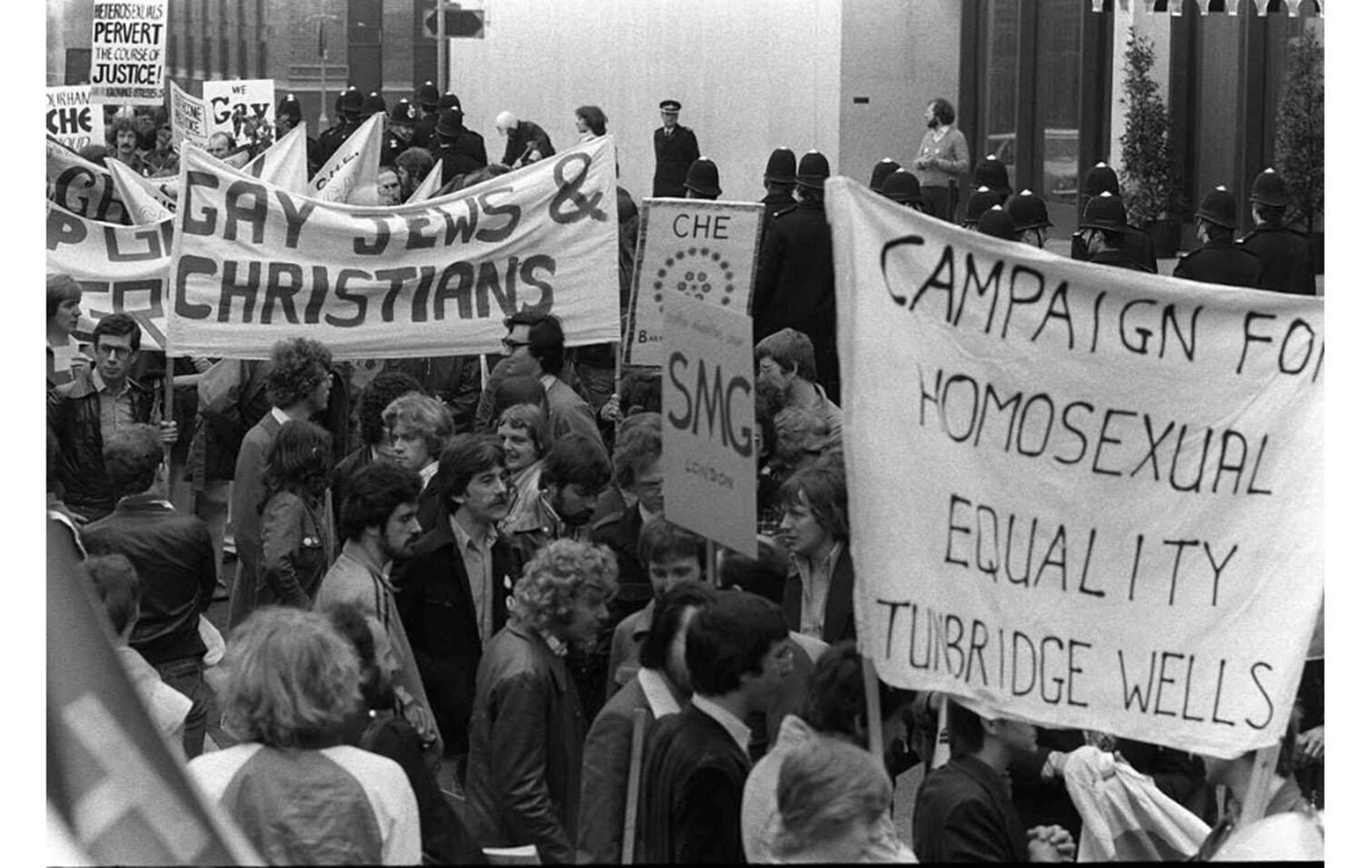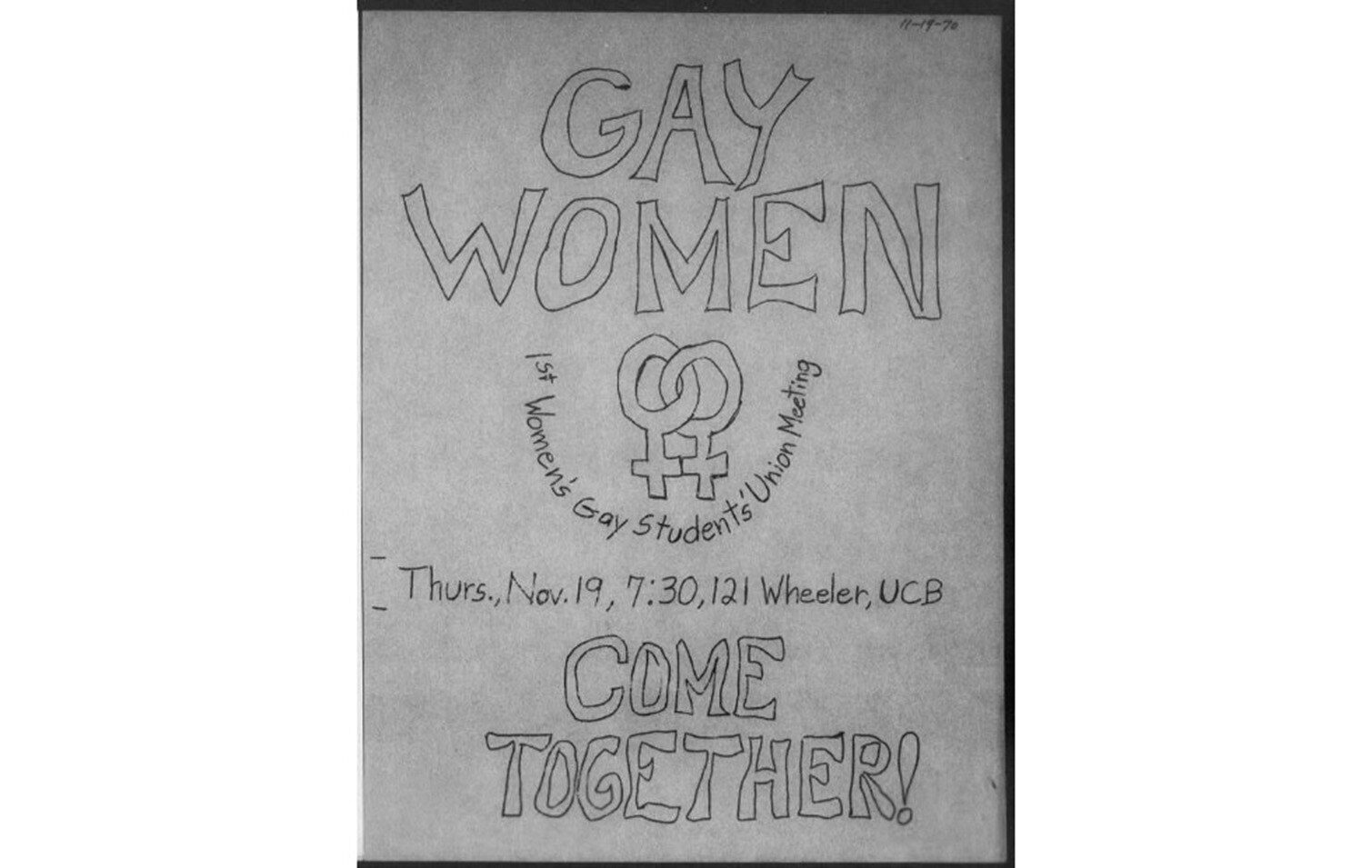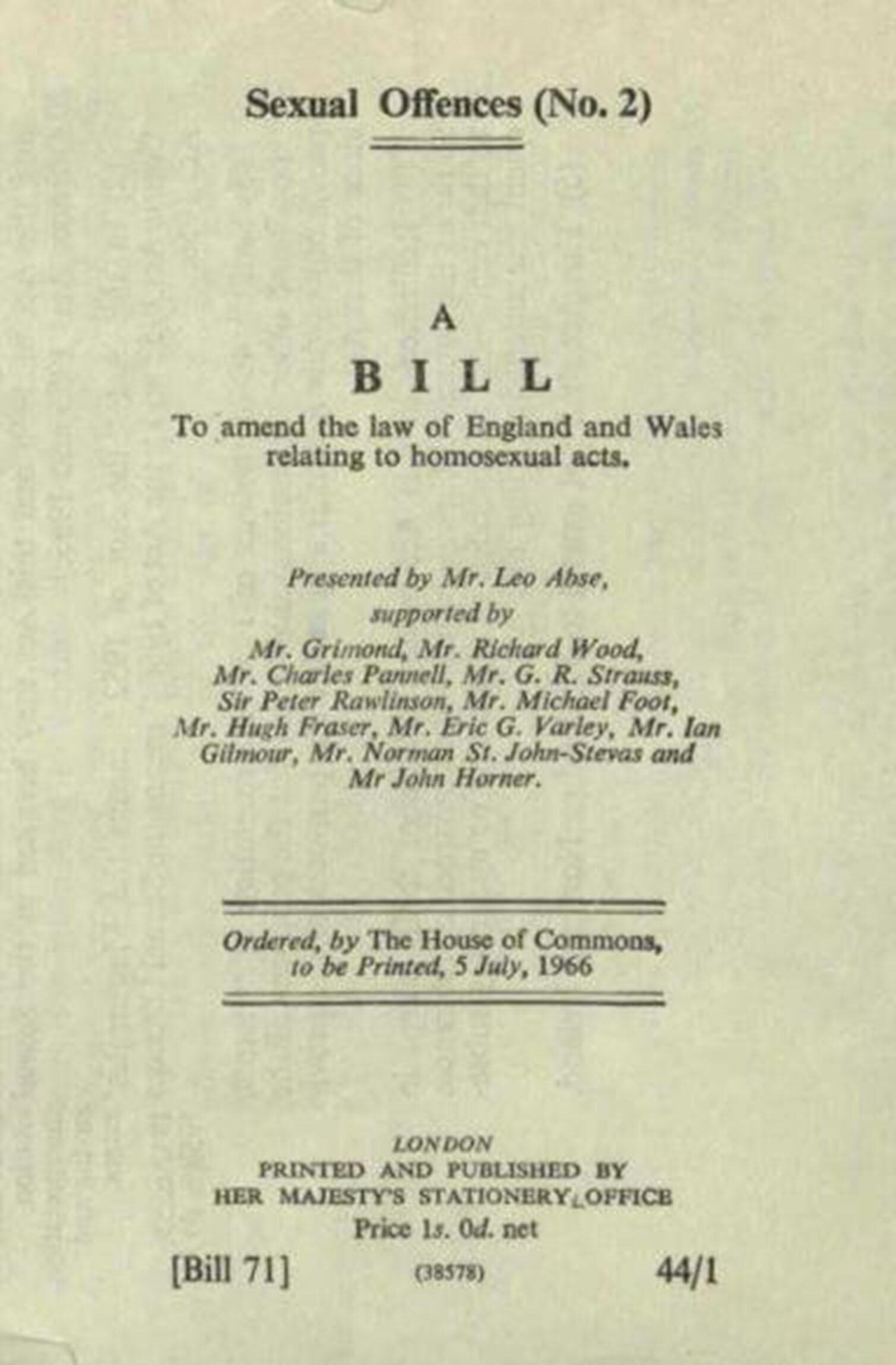Pride and prejudice: Remembering Stonewall
The month of June is celebrated in countries around the world as Pride month. Events, parades and marches which were originally conceived as an annual commemoration of the Stonewall riots of June 1969 are today a celebration of LGBTQ+ acceptance and achievements, and a recognition of the continuing fight for rights and equality.

Gay Pride, Jun 1977 © Mirrorpix. Further reproduction prohibited without permission.
Documents published in the 1960s and 1970s from the Popular Culture in Britain and America, 1950-1975 resource showcase some of the events and social and political changes that were taking place in Britain and America at this time, both before and after Stonewall, as part of the complex road to equality that many LGBTQ+ individuals and communities are still fighting for today.
Beginning on June 28, 1969, the patrons of the Stonewall Inn in Greenwich Village, New York, fought back. A police raid of a known place of refuge for LGBTQ+ people sparked several days of rioting and violent clashes between the gay community and law enforcement. This was not the first or only riot to take place in the fight for sexual equality. Other similar protests and acts of rebellion had taken place in San Francisco and Los Angeles between 1965 and 1967, and indeed the ‘homophile’ movement had existed for several decades, but the conditions were right in New York in June 1969 to create a commemorable historical moment which has become symbolic of the LGBTQ+ rights movement.

East Coast Gay Movement 1972, 1972 © University of California, Berkeley. Further reproduction prohibited without permission.
Within a couple of years of the riots, gay rights groups sprung up across Europe, Australia, Canada and every major city in America. These groups engaged in protests and demonstrations of their own, organised into communities and created new publications all in the name of gay liberation. The resource documents some of the new groups that were forming on university campuses. The LGBTQ+ student movement has its roots pre-Stonewall in 1968 and helped to lay some of the groundwork for the militancy of the movement which emerged after the Stonewall riots. Student groups took a leading role in asserting pride in their sexuality and aligning with other activist groups, such as the anti-war movement, which would help expand the support base for gay liberation among non-LGBTQ+ activists.

Gay Women 1970-71 , 1970-1971 © University of California, Berkeley. Further reproduction prohibited without permission.
Popular Culture in Britain and America, 1950-1975 also highlights some of the political and legal changes taking place in the latter half of the twentieth century with regards to LGBTQ+ rights. This document from the UK Government Files pertains to the Sexual Offences Act of 1967 which decriminalised homosexual acts in private between two men over the age of 21. Reform had been slow, and it was MP Leo Abse and Lord Arran’s pressure on parliament through the 1960s that saw the bill passed. The document contains drafts, notes from parliamentary debates, and standing committee proceedings about the bill.

HO 291/129: Departmental Committee on Homosexual Offences and Prostitution: Action on the Sexual Offences Bill, 1966-1967 © The National Archives. Further reproduction prohibited without permission.
This was hugely significant step but was by no means a moment of sudden liberation for gay men (sexual acts between women was not criminalised in the UK). The 1967 Act set a higher age of consent for homosexuals than heterosexuals; it only applied to England and Wales, not Scotland; and it didn’t apply to the men in the Merchant Navy or Armed Forces. The “in private” nature of the bill was problematic and actually resulted in a sharp increase in the number of prosecutions for gross indecency. However, it allowed LGBTQ+ people to more openly challenge prejudice and discrimination in the wake of Stonewall and gay liberation.
As of 2019, 50 years on from Stonewall, legislation has increased rights and equalities for many members of the LGBTQ+ community but against the tide of ever-changing societal values and prejudices which sees those rights under threat, Pride month is a reminder to celebrate the progress and to also continue the fight for acceptance and equality.
For more information about Popular Culture in Britain and America, 1950-1975, including free trial access and price enquiries, please email us at info@amdigital.co.uk.
Recent posts

The blog highlights American Committee on Africa, module II's rich documentation of anti-apartheid activism, focusing on the National Peace Accord, global solidarity, and student-led divestment campaigns. It explores the pivotal role of universities, protests, and public education in pressuring institutions to divest from apartheid, shaping global attitudes toward social justice and reform.

This blog examines how primary sources can be used to trace the impact of young voices on society, particularly during pivotal voting reforms in the UK and the US. Explore materials that reveal insights into youth activism, intergenerational gaps, and societal perceptions, highlighting their interdisciplinary value for studying youth culture, activism, and girlhood across history.
